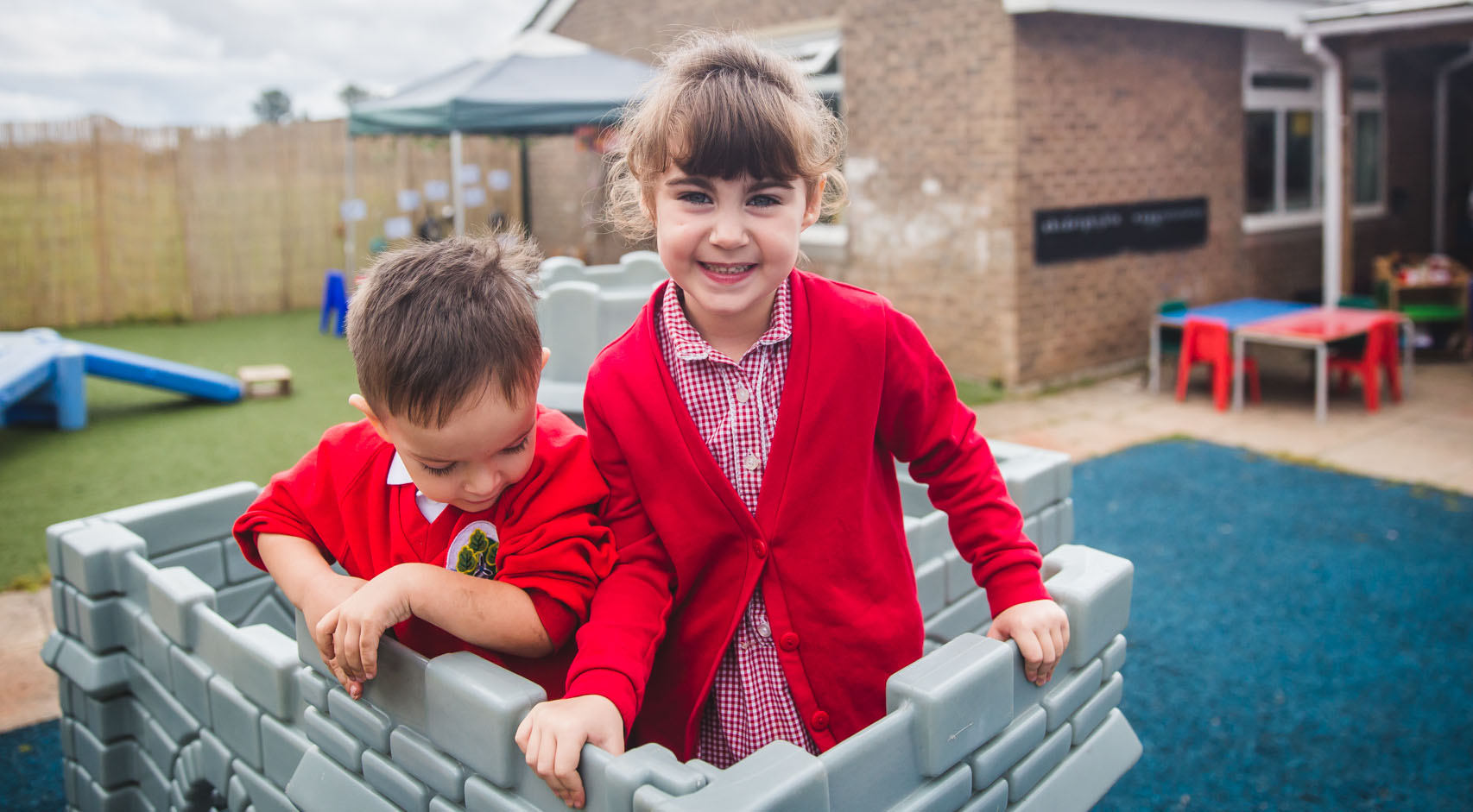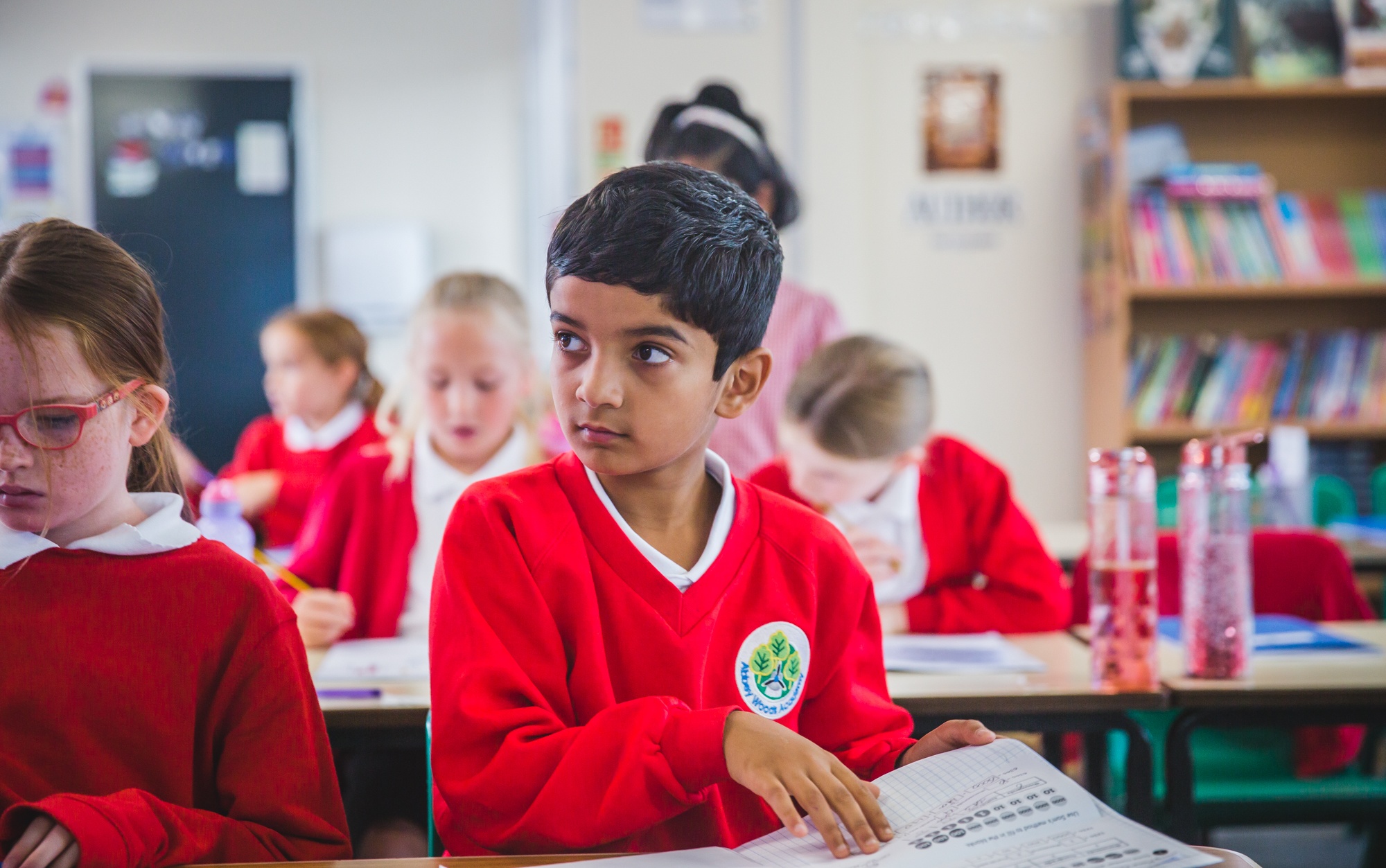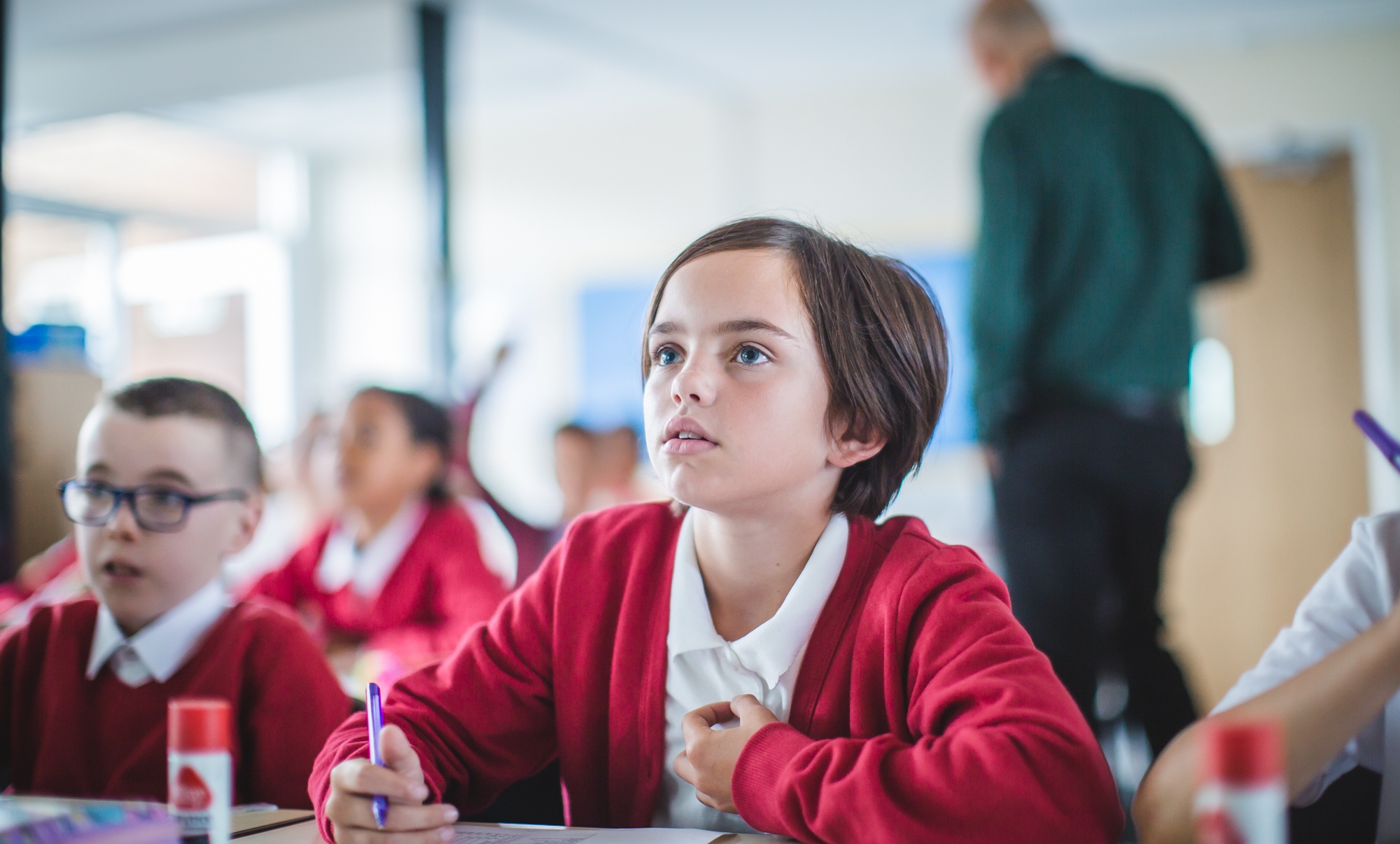Assemblies
We ensure that the children and staff have an opportunity to attend a daily act of collective worship together; this may take place as a whole school in the hall or in classrooms. We aim to provide a variety of approaches to the acts of worship, using technology and visual aids to engage the children and also to vary the type of collective worship so that different aspects of school life can be recognised and valued. The content of our daily assemblies will often relate to our values and themes to prepare our pupils for life in modern Britain.
Aims & Purpose
- To gain a better understanding of religions represented in our school community.
- To understand value and principles common to different religions.
- To provide a time each day where children can think, listen, share and reflect.
- To promote and embed the school’s community ethos.
- To enable the children to reflect on a range of issues in the wider world.
- To understand how to be responsible citizens in modern Britain and to understand the concept of democracy and how this enables the country to function effectively.
1. Whole School Assembly
These assemblies often involve a story, visitor, music, a game or role play related to the current theme or to a particular religious festival which is happening at the time. These provide a chance for the children to gather as a community and recognise shared values.
2. Class Assembly for Parents
Each class will present an assembly to which parents and friends are invited, or on a smaller scale share with the school some of the work they have been doing in their class.
3. Celebration Assembly
This takes place every Friday for all the children and is led by the Headteacher. Children’s successes and achievements are shared and celebrated during this time together with a moment of reflection.
4. Class Reflection Time
Once a week collective worship takes place in the classroom. The collective worship can refer to the assembly theme or something relevant to the children that day. It should be flexible to allow for children’s issues or questions to be taken into consideration. These reflection times incorporate thinking, listening, sharing and reflection upon common values and principles.
Right of Withdrawal
We expect all children to attend collective worship. However, any parent can request permission for their child to be excused from attending collective worship and the school will make alternative arrangements for the supervision of the child during the period concerned. This complies with the 1944 Education Act and was restated in the 1988 Education Reform Act.














